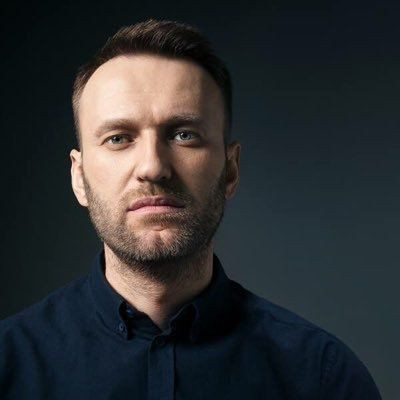Russia has requested Germany to disclose Alexei Navalny’s medical information as soon as possible, accusing the country of slowing the process down. The Russian foreign ministry asked Germany on Wednesday to share Navalny’s medical records to help Russia’s law enforcement agencies investigate the opposition leader’s poisoning last month.
The German hospital where Alexei Navalny is being treated confirmed in a statement on Monday that Navalny was already out of a medically induced coma. “Navalny is being weaned off mechanical ventilation and is responding to verbal stimuli,” said Charite Hospital in Berlin. “It remains too early to gauge the potential long-term effects of his severe poisoning.”
On Aug. 20, Navalny fell sick from suspected poisoning while on a flight from the Siberian City of Tomsk to Moscow. Germany confirmed last week that the tests run on Navalny provided “unequivocal evidence” that a chemical agent from the Soviet-era Novichok group had been used to poison the Kremlin critic.
Only very few scientists outside of Russia have any experience in using Novichok. The lethal chemical was first developed clandestinely by the Soviet Union during the Cold War and no country outside of Russia is known to have developed chemicals in the Novichok group. In March 2018, the same chemical was used in the controversial attack on former Russian spy Sergei Skripal in Salisbury.
Reports of Navalny’s poisoning using Novichok were met with widespread international condemnation, with many accusing Russian President Vladimir Putin of masterminding the incident. “In 2020, poisoning Navalny with Novichok is exactly the same as leaving an autograph at the scene of the crime,” said Navalny’s chief of staff Leonid Volkov.
Germany also threatened to freeze the European-Russian gas pipeline project if Putin would fail to explain the attempt to kill Navalny. Last week, chancellor Angela Merkel said Germany’s response to the attack on Navalny would depend on how Russia would provide answers as to who was behind Navalny’s poisoning. The Russian government said it would wait for further information from Berlin before opening a probe but Germany dismissed this explanation.
“All evidence, witnesses, traces, etc. are located in the place where the crime was perpetrated, presumably somewhere in Siberia,” said Germany’s foreign ministry spokesman Christopher Burger. “The allegation aimed at Germany that the progress of an investigation is being stalled is therefore not valid, because Russia could start an investigation anytime without Germany if Russia is willing and if it has an interest to do so.”

© 2025 Latin Times. All rights reserved. Do not reproduce without permission.



